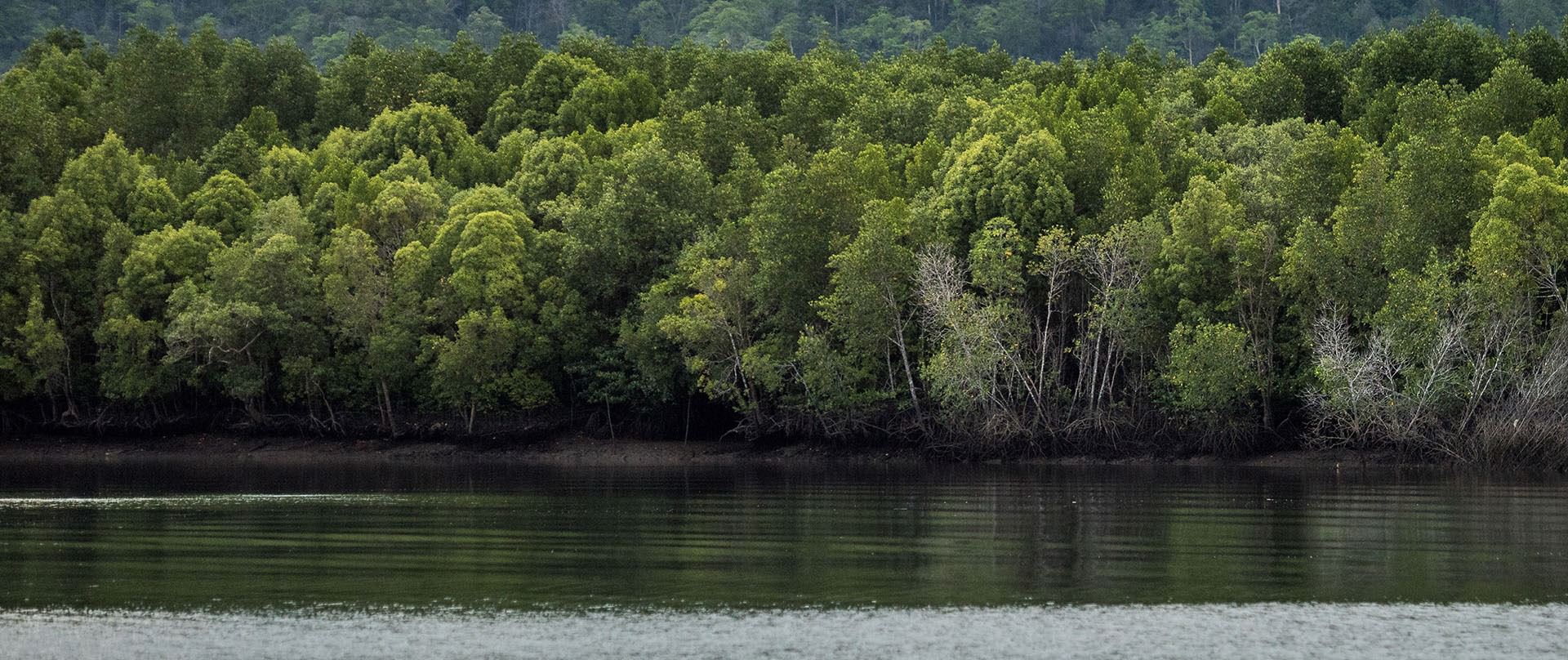Biodiversity and ecosystems directly affect local livelihoods and well-being of communities. Elisa can best protect biodiversity and clean water availability through its supply chain, through circular economy, and by combating climate change. Regulation mechanisms and stakeholder expectations also evolve in this area.
Biodiversity has in the service industry not always been prioritized on the same level as climate change, as for example negative effects on biodiversity often seem indirect, complex, and relatively minor. This can sometimes make it difficult to gauge expectations and measure performance. Services enabled by ICT (Information and Communication Technology) have both positive and negative effects, but we see that they will have a key role in tackling environmental sustainability related challenges in society. Building and maintaining networks have mainly indirect effects on biodiversity, as for example use of land area usually is small, compared to many other industries.
By promoting material efficiency through circular economy initiatives, we can indirectly impact biodiversity in a positive way. Elisa for instance provides services for repair, refurbishing, and recycling of mobile phones and other devices. Also, in our climate change related emission compensations, we prefer projects that hold also biodiversity and societal aspects.
